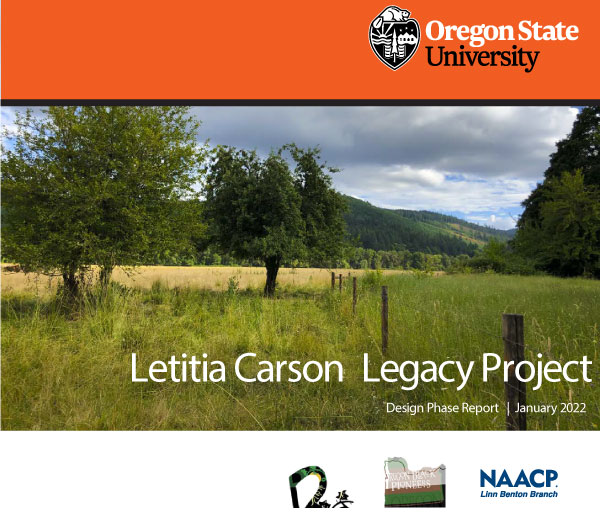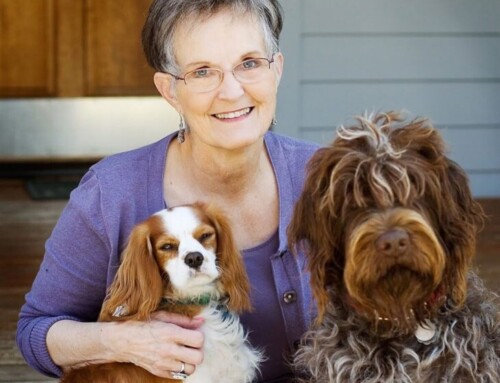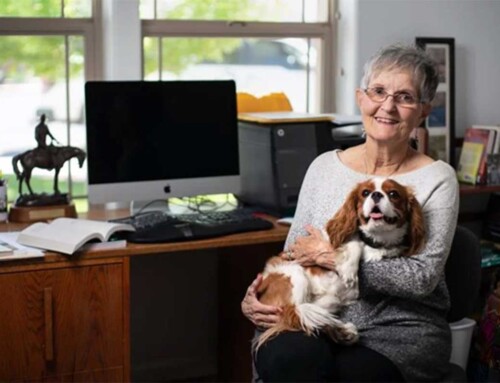February 9, 2022
Oregon State University’s Soap Creek beef ranch, north of Corvallis, in Benton County, Oregon, includes a site significant to the history of Oregon’s early Black residents.
Letitia Carson, a formerly enslaved woman (and the character in Jane Fitzpatrick’s novel titled A Light in the Wilderness), came to Oregon in 1845 and was one of the first Black woman settlers in Oregon. She and her husband, David Carson, settled on land that is now part of the Soap Creek beef ranch. Because of Oregon’s exclusion laws and the whites only provision of the 1850 Oregon Donation Land Claim Act, Letitia Carson was forced off her land. She filed two lawsuits in the mid-1850s against the administrator of her late partner’s estate. Despite the Oregon Territory’s exclusionary laws, Letitia Carson won both suits.
Although there are no visible remnants of the Carson homestead, the open prairie land and tree lined Soap Creek are a powerful reminder of the hard work and success achieved by many of Oregon’s early Black residents, despite the many obstacles that they had to endure.
The Letitia Carson Legacy Project (LCLP) a partnership of four organizations – Black Oregon Land Trust, Oregon Black Pioneers, the Linn-Benton Counties NAACP Branch, and Oregon State University – committed to honoring Letitia Carson’s legacy. The Project focuses on the Black experience in Oregon while connecting these women and communities to the Indigenous people of this region.
LCLP envisions creating, on Letitia Carson’s land, a 21st century version of her Soap Creek homestead to inspire, educate, and nurture Oregon’s future generations of Black and Indigenous growers, gatherers, foragers, entrepreneurs, and leaders. They imagine experiential learning and applied research opportunities for OSU students and faculty. They imagine welcoming kids, families, and community members to the land to learn and share Letitia’s inspiring story.
This site is unique: nowhere else in the country can the public visit and participate in programs on land once owned by a Black pioneer.
Based on a design phase in 2021, the LCLP has planned the following for the next two years:
- Creation of a digital history exhibit and traveling “pop up” exhibit;
- Archaeological exploration at the homestead site;
- Small-scale on-site programming that is compatible with current management;
- Outreach to engage and activate the OSU community and external partners.
The Letitia Carson Legacy Project is part of a restorative justice movement, in Oregon and across the U.S. In the next two years, they will build public support, secure funding, and make specific, tangible progress.
For more information, contact Lauren Gwin, lauren.gwin@oregonstate.edu
Read the FULL report on this exciting project here.




